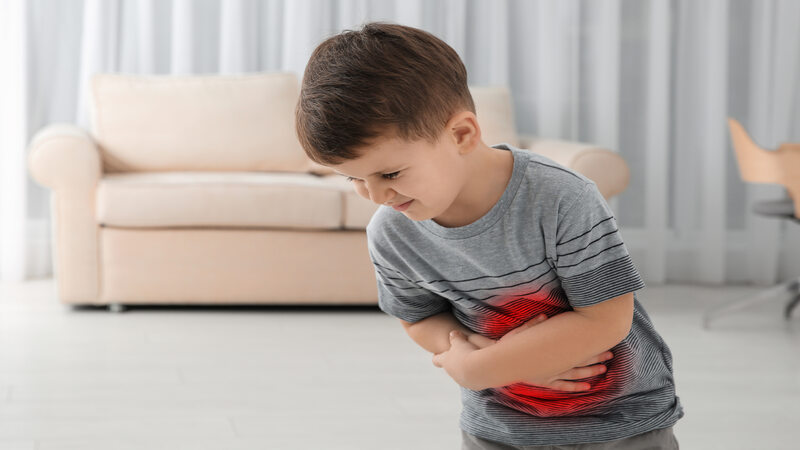
Diaper change for your active toddler can be quite a task. Dealing with blowouts and frequent diaper changes due to diarrhea can be a nightmare for parents. Moreover, too much watery poop can even lead to painful diaper rash, making the situation even more troublesome for the kid. Diarrhea in toddlers can occur due to a number of causes.
The most important thing to monitor when your toddler is suffering from diarrhea is to look for any signs of dehydration. Like adults, losing too much water in poop can cause immense weakness in a little one. Knowing the signs of dehydration and taking necessary steps to treat it can be really life-saving. Read on to understand more about the causes of diarrhea in toddlers and the ways to treat it.
What is Diarrhea?
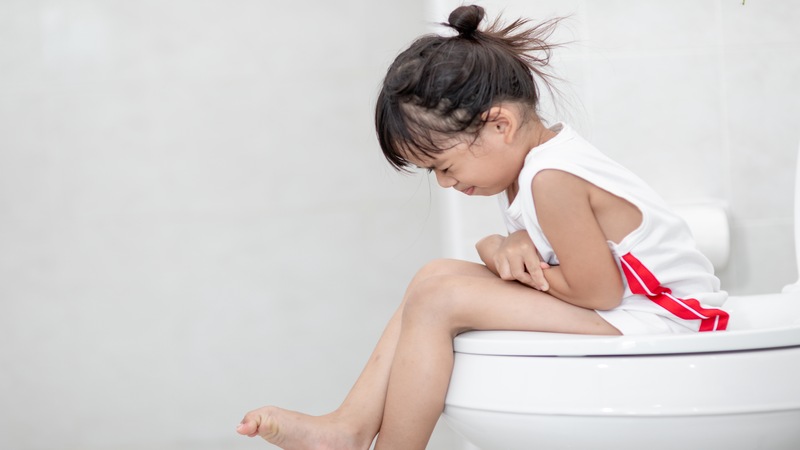
As per the World Health Organization, diarrhea is that condition when your toddler defecates watery stools three or more times in a day (1). If your toddler has a paste-like, non-watery stool or defecates normally formed stool multiple times a day, then that would not be considered diarrhea. When the diarrhea of your toddler lasts for about seven to ten days, it is called acute diarrhea (2). If it goes beyond four weeks, then it is called persistent diarrhea (3a).
What Causes Diarrhea in Toddlers?
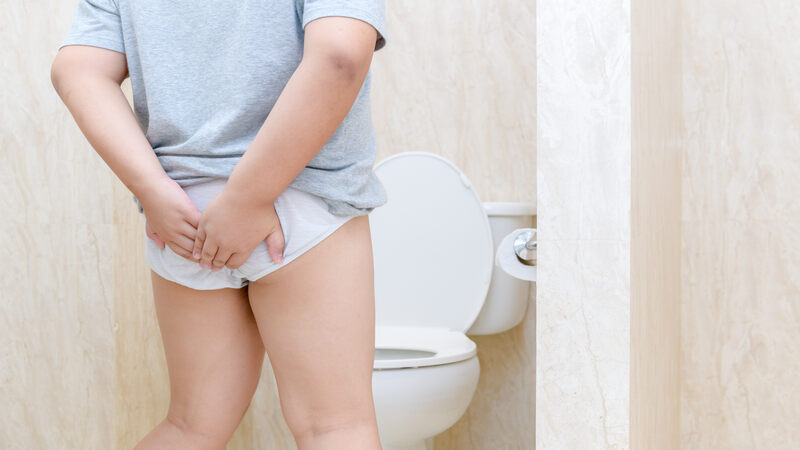
There are several reasons behind diarrhea in toddlers. Ranging from medical to common hygiene issues, various things may lead to it.
- Infections of the gastrointestinal tract. Mostly it is due to viral infections. Rotavirus is one of the most common culprits causing diarrhea in kids (4)
- Consumption of contaminated food and water, leading to food poisoning
- Side-effects of antibiotics, as they can make the digestive system of your toddler weak, causing diarrhea (5)
- Consumption of stale food
- Excess of fruit juice or sugary drinks (6)
- Food intolerance due to difficulty in digesting certain food. Lactose intolerance is one of the most common causes (3b)
- After a bout of gastroenteritis
- Food allergies (7)
- Parasitic infections like giardiasis is one common cause of diarrhea (8)
- Certain immune mediated diseases like inflammatory bowel disease and celiac disease
What Are The Symptoms of Diarrhea in Toddlers?
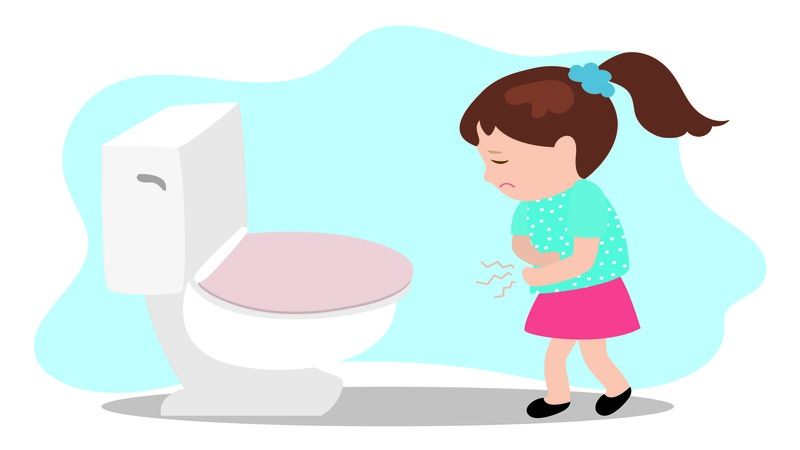
Affected toddlers have three or more loose stools in a day, along with abdominal cramps and pain. The stools are usually very foul-smelling. Vomiting may or may not be present. A change in appetite is seen, which can cause weight loss or, rather, poor weight gain. Sometimes blood might accompany the loose stools. Common signs of dehydration like tiredness, dry skin, and sunken eyes, must be carefully examined (9).
Are There Any Tests For Diarrhea in Toddlers?
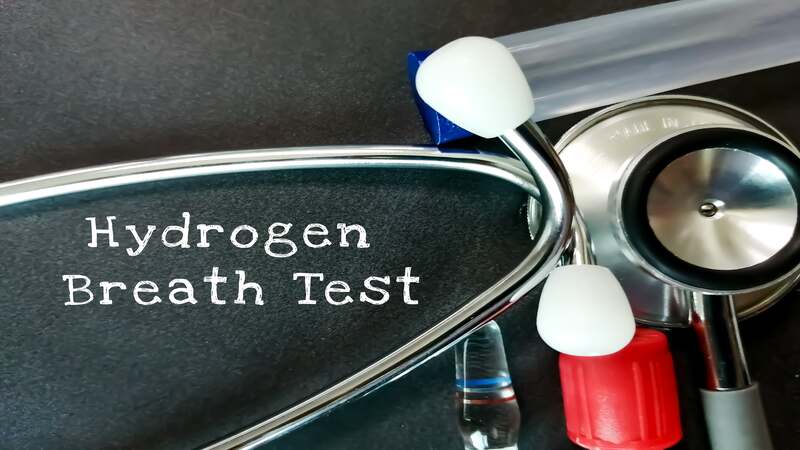
Usually, a thorough physical examination along with a detailed medical history is enough. A few tests might be needed to determine the cause of diarrhea. A few of them are:
- Stool test: It helps in detecting the presence of parasites, bacteria or blood. In other words, it helps in knowing the cause of gastroenteritis (10)
- Blood tests: Certain blood tests help in identifying antibodies specific for parasites. Apart from that, it helps in knowing the electrolyte levels that indicate the severity of diarrhea
- Hydrogen breath test: This test is done to rule out intolerance to various sugars like lactose, fructose, sucrose etc. (11)
- Endoscopy or colonoscopy to look for any signs of inflammation
How Common is Diarrhea in Toddlers?
Diarrheal illnesses remain one of the most common causes of morbidity and mortality among kids globally. According to WHO and UNICEF, there are about 2 billion cases of diarrhea every year globally (12).
How to Treat Diarrhea in Toddlers?
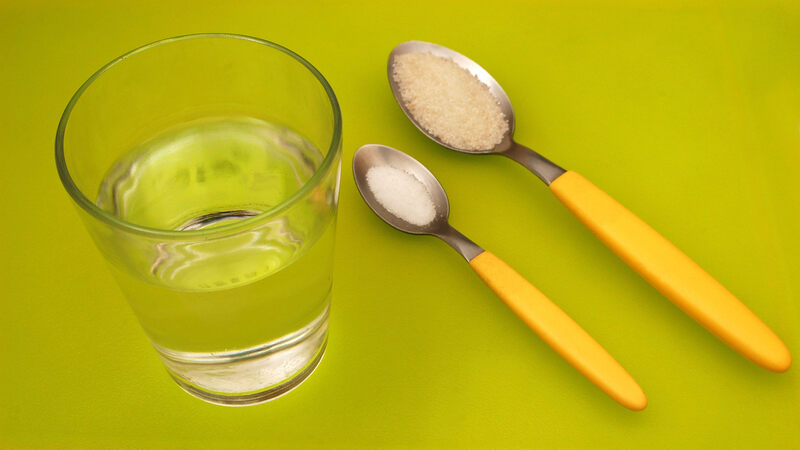
When it comes to the treatment, it completely depends on the basic cause. Depending on the cause, there are some of the treatment your doctor could prescribe:
- Fluids: Replenishing the fluids lost in the watery stools is the most important step in preventing dehydration. Oral rehydration solution or ORS is the most effective treatment for toddlers and is known to reduce mortality due to dehydration globally (13).
- Intravenous saline is used in moderate to severe cases of dehydration or in kids who refuse to take enough fluids orally.
- Antibiotics: Doctors could prescribe antibiotics to treat diarrhea caused by giardia (14)
What Are The Complications of Diarrhea in Toddlers?
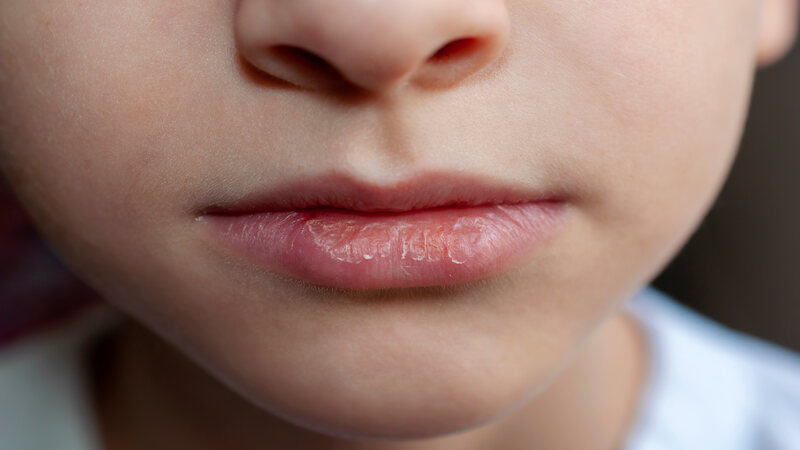
Diarrhea can lead to dehydration in your toddler, which is the most serious complication. Look closely for signs of dehydration, like:
- Crying without tears
- Sunken eyes
- Dry mouth
- No urination for about 8 hours
- Dark and yellowish urine
Another complication that can arise is lactose intolerance in a few toddlers (15).
Home Remedies For Diarrhea in Toddlers
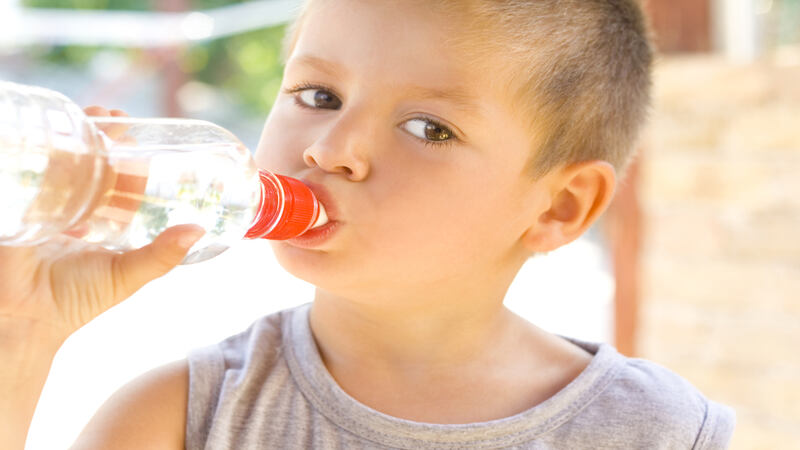
There are several home remedies’ which you can do to help relieve your toddler from the symptoms of diarrhea:
- Apart from giving the prescribed ORS, make sure that your toddler is drinking enough water to replenish the body.
- Give your toddler smaller meals, rather than one large meal, at regular intervals, as that will be very easy for your little one’s digestive system to digest.
- You should increase the number of times you breastfeed your toddler in case of diarrhea.
Tips to Prevent Diarrhea in Toddlers
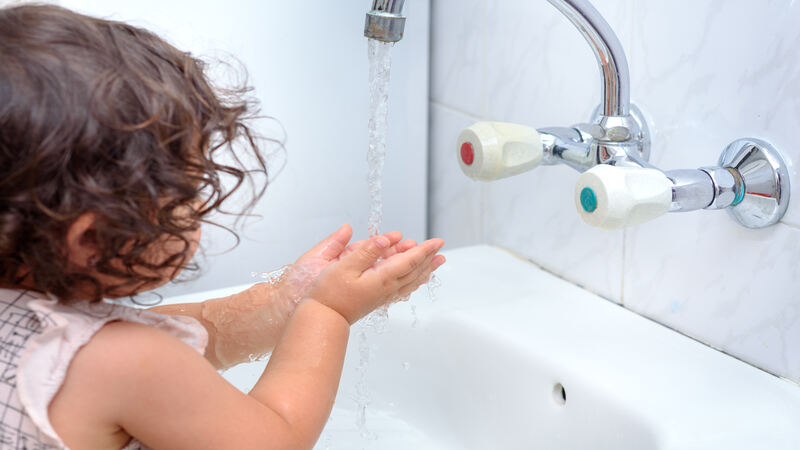
There are several things one can follow that their little one doesn’t get diarrhea. Some tips can help, like:
- Maintain Good Hygiene: There are many viruses that cause diarrhea. These viruses are mostly transmitted due to poor hygiene. Therefore, keep your surroundings fresh and clean and also make sure that you clean your toddler’s toys from time to time.
- Train your toddler to keep their hands clean by washing them with a good soap and water regularly.
- Vaccinate in Time: There are some viruses like Rotavirus that can cause diarrhea. To prevent this, make sure you vaccinate your toddler in time.
When to Consult a Doctor?
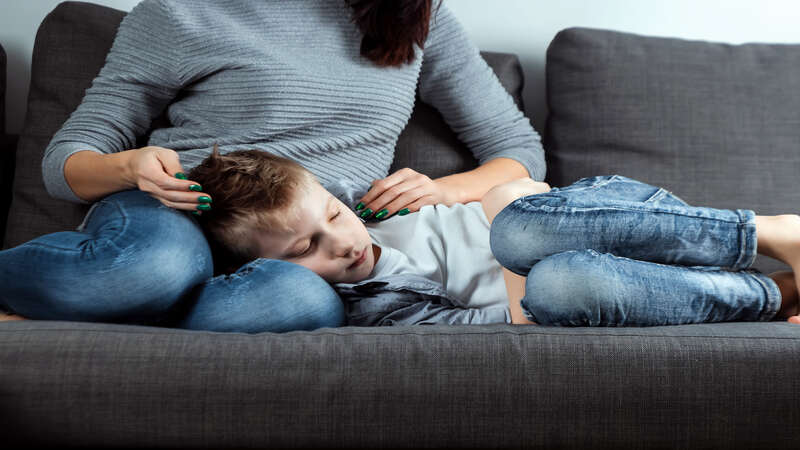
There are certain situations when your toddler needs immediate medical attention. If you notice any of the following symptoms, then you should rush your toddler to a doctor:
- Presence of blood or mucus in your toddler’s stool
- Severe abdominal pain
- Semi-conscious or drowsy after diarrhea
- If the toddler did not pass any urine for about 8 or more hours, then that could be an indication of dehydration
- A high fever of 38.5 degrees Celsius or more
If you can take your toddler to the pediatrician in time, then that could help you initiate your toddler’s treatment in time.
Every parent would want to keep their child safe and secured. Diarrhea can happen to your toddler at any time. Keep the aforementioned information in mind to take proper actions against diarrhea.
FAQ’s
1. Can a Child Have Diarrhea And Not be Sick?
Children remain fine in most of the mild cases of diarrhea. As a parent, you need to make sure that the kid doesn’t have any dehydration due to water loss.
2. What is The Difference Between Loose Stools And Diarrhea?
Loose stools mean watery consistency of stools, whereas diarrhea means an increase in the frequency of bowel movement to three or more episodes in a day.
3. What to Feed a Toddler Having Diarrhea?
Making sure that your toddler is hydrated is the most important step. In addition to it, you can give them a BRAT diet that is bananas, rice, applesauce, and toast. Adding yogurt in the diet acts as a good probiotic.
4. What Are The Foods to Avoid During Toddler’s Diarrhea?
You must avoid giving dairy products, oily, spicy, and processed foods to your toddler suffering from diarrhea. Also, avoid giving them fruit juices and sugary drinks, as they can make diarrhea worse.
References
- World Health Organization – https://www.who.int/news-room/fact-sheets/detail/diarrhoeal-disease
- Radlović N, Leković Z, Vuletić B, Radlović V, Simić D. Acute Diarrhea in Children. Srp Arh Celok Lek. 2015 Nov-Dec;143(11-12):755-62. doi: 10.2298/sarh1512755r. PMID: 26946776. – https://pubmed.ncbi.nlm.nih.gov/26946776/
- NIH: National Institute of Diabetes and Digestive and Kidney Diseases – https://www.niddk.nih.gov/health-information/digestive-diseases/chronic-diarrhea-children/symptoms-causes
- Centers for Disease Control and Prevention – https://www.cdc.gov/rotavirus/about/index.html
- Medically Reviewed by Minesh Khatri, MD on November 14, 2022 Written by Wendy C. Fries – https://www.webmd.com/children/diarrhea-treatment
- Seattle Children’s Hospital – https://www.seattlechildrens.org/conditions/a-z/diarrhea/
- Jessica Gotwals RN BSN MPH, Marianne Fraser MSN RN, Rita Sather RN – https://www.urmc.rochester.edu/encyclopedia/content.aspx?contenttypeid=90&contentid=P01685
- Medically reviewed by: Melanie L. Pitone, MD – https://kidshealth.org/en/parents/giardiasis.html
- Pocket Book of Hospital Care for Children: Guidelines for the Management of Common Childhood Illnesses. 2nd edition. Geneva: World Health Organization; 2013. 5, Diarrhoea. – https://www.ncbi.nlm.nih.gov/books/NBK154434/
- Healthdirect – https://www.healthdirect.gov.au/stool-tests
- Great Ormond Street Hospital – https://www.gosh.nhs.uk/conditions-and-treatments/procedures-and-treatments/hydrogen-breath-test/
- Farthing, Michael MD (Chair, UK); Salam, Mohammed A. MD (Special Advisor, Bangladesh); Lindberg, Greger MD (Sweden); Dite, Petr MD (Czech Republic); Khalif, Igor MD (Russia); Salazar-Lindo, Eduardo MD (Peru); Ramakrishna, Balakrishnan S. MD (India); Goh, Khean-Lee MD (Malaysia); Thomson, Alan MD (Canada); Khan, Aamir G. MD (Pakistan); Krabshuis, Justus (France); LeMair, Anton MD (Netherlands) Review team, Journal of Clinical Gastroenterology 47(1):p 12-20, January 2013. | DOI: 10.1097/MCG.0b013e31826df662 – https://journals.lww.com/jcge/fulltext/2013/01000/acute_diarrhea_in_adults_and_children__a_global.7.aspx#
- Munos MK, Walker CL, Black RE. The effect of oral rehydration solution and recommended home fluids on diarrhoea mortality. Int J Epidemiol. 2010 Apr;39 Suppl 1(Suppl 1):i75-87. doi: 10.1093/ije/dyq025. PMID: 20348131; PMCID: PMC2845864. – https://www.ncbi.nlm.nih.gov/pmc/articles/PMC2845864/
- Healthdirect – https://www.healthdirect.gov.au/giardiasis
- Medically reviewed by: J. Fernando del Rosario, MD – https://kidshealth.org/en/parents/lactose.html
